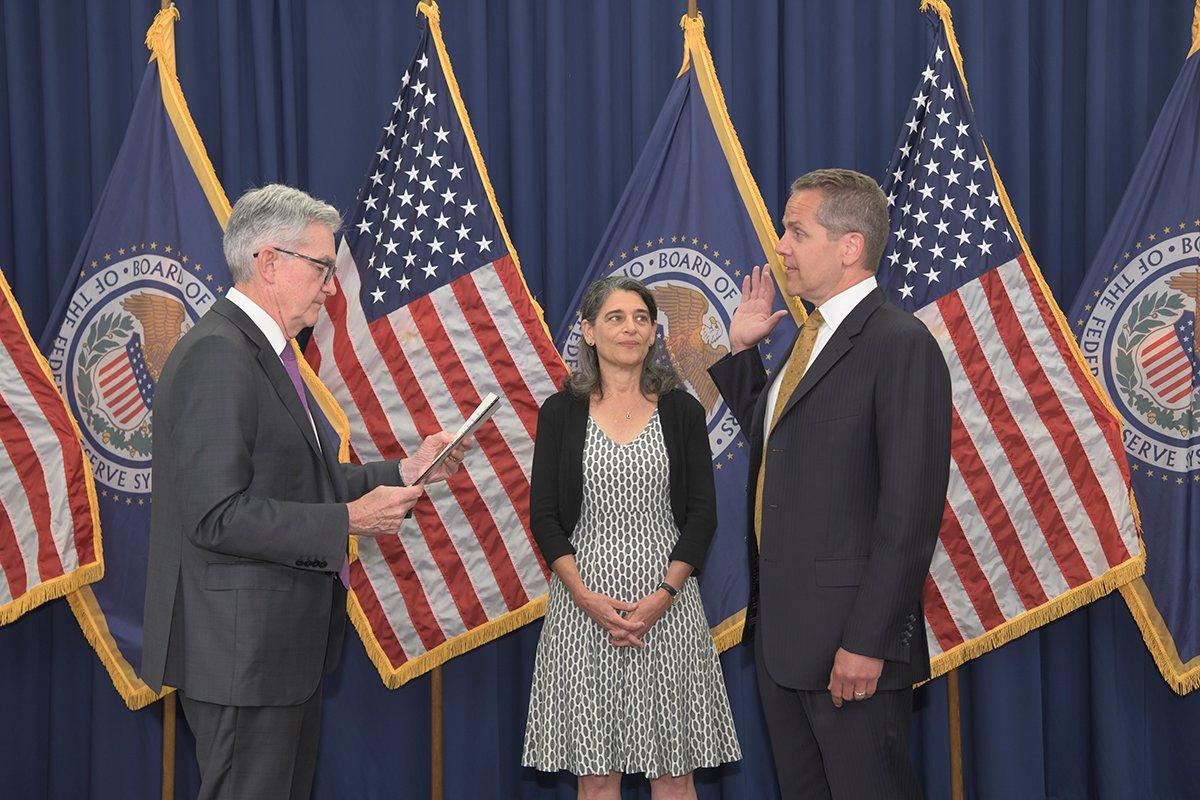Fact Check: Did Biden Change Recession Definition Ahead of Q2 GDP?
A White House blog post has courted controversy over its definition of "recession." Is Joe Biden trying to redefine recession ahead of the U.S. second-quarter GDP release?
July 25 2022, Published 8:24 a.m. ET
This week, we’ll get the second-quarter GDP data. The U.S. economy contracted in the first quarter of 2022 and another consecutive quarter of GDP decline would mean that the world’s largest economy is technically in a recession, going by the widely accepted recession definition. Meanwhile, a White House blog post has courted controversy over its definition of a "recession." Is President Joe Biden trying to redefine recession ahead of the U.S. second-quarter GDP release?
The economic calendar for this week is quite busy. Apart from the second-quarter GDP report, we have the all-important Federal Reserve meeting where the U.S. Central Bank is expected to raise rates by at least 75 basis points. Big Tech companies including Apple, Amazon, Alphabet, and Facebook-parent Meta Platforms will also report their quarterly earnings this week.
The widely accepted recession definition is two consecutive quarters of GDP decline.
Globally, the most widely accepted definition of a recession is two consecutive quarters of negative GDP growth. A White House blog post however says, “While some maintain that two consecutive quarters of falling real GDP constitute a recession, that is neither the official definition nor the way economists evaluate the state of the business cycle.”
It added that the official determination of recession “is based on a holistic look at the data,” which includes industrial production, consumer and business spending, and the job market. The post mentions that it is “unlikely” that a GDP decline in the second quarter would mean that the U.S. economy is in a recession.
Here it's worth noting that the Atlanta Fed’s GDP tracker showed that the U.S. GDP fell in the second quarter. Some other economists also believe that the U.S. economy is in a recession. After the post from the White House, which many believe seeks to redefine a recession ahead of the second-quarter GDP estimates, conservatives lashed out at the Biden administration.
The NBER officially declared a recession in the U.S.
The NBER’s (National Bureau of Economic Research) Business Cycle Dating Committee officially declared a recession in the U.S. It defines a recession as “the period between a peak of economic activity and its subsequent trough, or lowest point.” It adds, “a recession involves a significant decline in economic activity that is spread across the economy and lasts more than a few months.”
Fact check: The Biden administration didn't change the definition of a "recession."
The NBER doesn't mention “two quarters of GDP decline,” which is the most widely accepted definition of a recession. It adds that it takes into account several factors before determining whether the U.S. economy is in a recession. These factors are similar to what the White House blog post lists.
To sum it up, the Biden administration didn't change the NBER’s recession definition. However, the timing of the blog post, which comes around a week before the U.S. second-quarter GDP report is bound to raise eyebrows. While several business leaders, as well as economists, see a recession on the horizon, President Biden and his cabinet colleagues don’t see a recession as imminent.
Are we in a recession?
According to the NBER, there isn't a fixed rule to how it defines business cycles. In recent decades, it has put a higher weight on the nonfarm payroll data and real personal income less transfers. Both these data points have been strong and despite intermittent reports of layoffs, the U.S. job market has been strong. The real personal income less transfers have also been growing at a fast pace.
Based on the NBER’s definition of a recession, the U.S. economy doesn't appear to be in a recession. The economy added 372,000 jobs in June while the unemployment rate was 3.6 percent. These aren't the kind of metrics that show that the U.S. economy is anywhere near a recession.
The U.S. economy is slowing down.
However, the economy is indeed slowing down and is expected to cool down more as the Fed continues with its rate hikes. The earnings release from Snap pointed out how the ad market has taken a hit from the slowdown.
Big Tech companies are also going slow on hiring while the housing sector has started to show signs of stress with sellers lowering their asking prices in several markets. If the economic scenario doesn't improve as the year progresses, the world’s largest economy will get closer to a recession even by the NBER’s definition.




